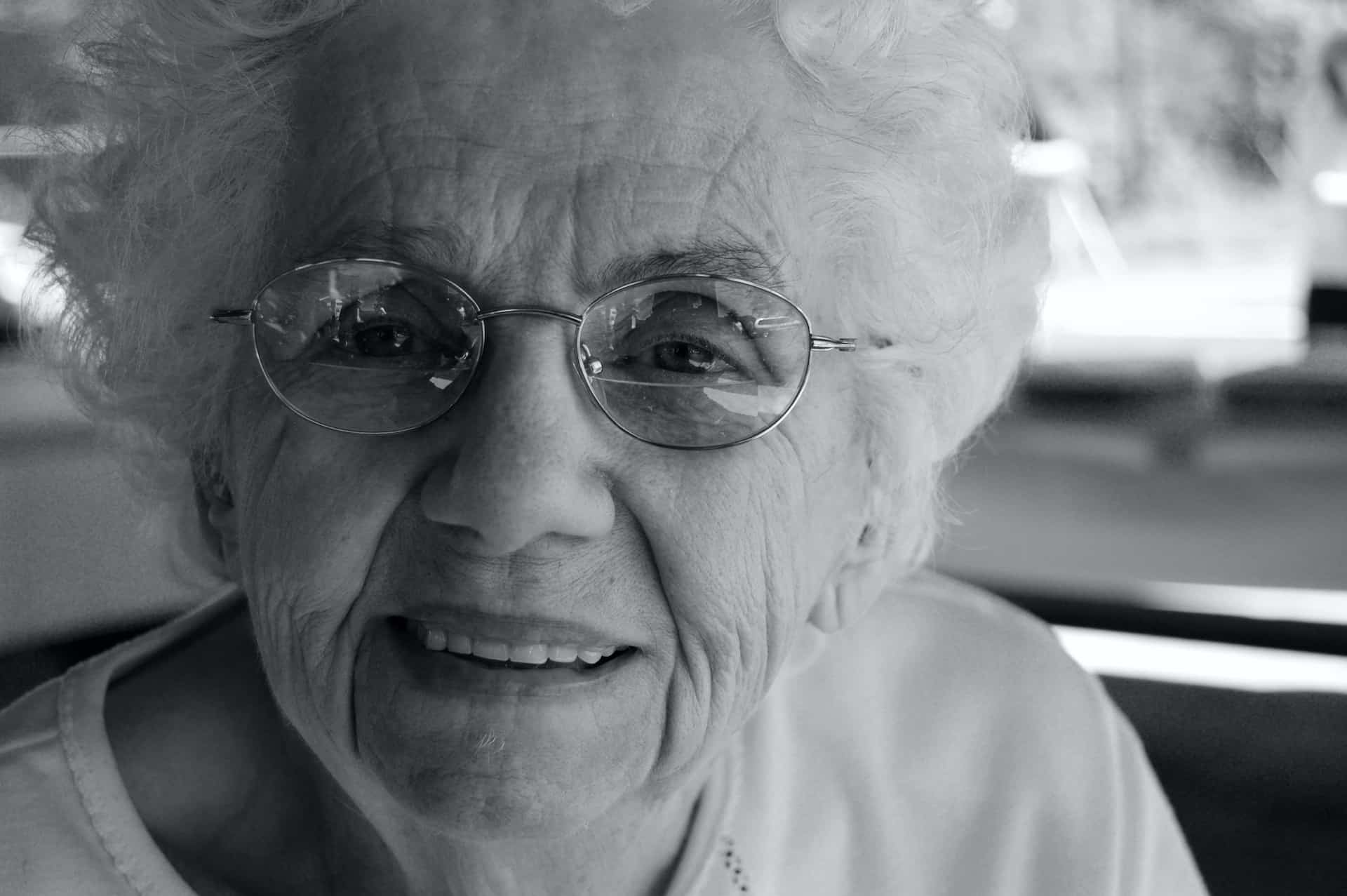
The May issue of STRIDE explored the current challenges in allied health when it comes to the provision of aged care services. These insights are based on the recent position paper by Allied Health Professions Australia (AHPA), ‘Allied health in Aged Care – What is needed’. In part two of this series, STRIDE looks at what AHPA has to say about the national care assessment and planning tool.
In the words of AHPA:
As the Royal Commission into Aged Care Quality and Safety concluded, allied health is a fundamental element of the aged care system, and is essential for ‘reablement’.
Reablement is about rehabilitation and restoring (e.g. after a fall), or at least preserving as much as possible, older people’s capacities. The Commissioners said that reablement is critical to older people’s wellbeing and should be a central focus of aged care.
These themes are detailed in AHPA’s position paper and will be explored in STRIDE magazine over the coming months.
The Australian National Aged Care Classification (AN-ACC) (AN-ACC) team’s tool recommended the separation of assessment of residents for funding purposes, from the assessment of residents for delivery of appropriate care.
Further information on this tool is covered in part one of this series in last month’s issue of STRIDE.
The latter (being the assessment of residents for the delivery of appropriate care) requires development and implementation of a nationally consistent, evidence-based, care assessment and planning tool, for both residential and in-home care. This has not happened.
In residential care, the assessor workforce only determines the AN-ACC funding classification level, and it is then up to facility staff to identify any perceived allied health needs. Whether the resident ends up receiving allied health services depends on existing staff skills and breadth of knowledge of different types of allied health, and so may only occur in response to an adverse event − and may vary by provider facility and even among individual staff.
Currently, in home care, an assessor determines the range of total service needs, including potential allied health services, for each person. It is up to the assessor to decide if the person should be referred on to an appropriate allied health professional for a detailed clinical assessment, which will then recommend the services they should receive.
Whether the older person proceeds on this pathway again depends upon whether the assessor has the training and knowledge to decide on referral to an appropriate allied health professional.
Although some work is being done to strengthen the Aged Care Quality Standards, it does not specifically address the need for the tool (more on this in the July issue of STRIDE). In the foreseeable future then, many aged consumers will not receive the allied services best placed to meet their needs.
If you are a member of the APodA, learn how you can join the Podiatry Aged Care special interest group.
© Copyright 2021 The Australian Podiatry Association
